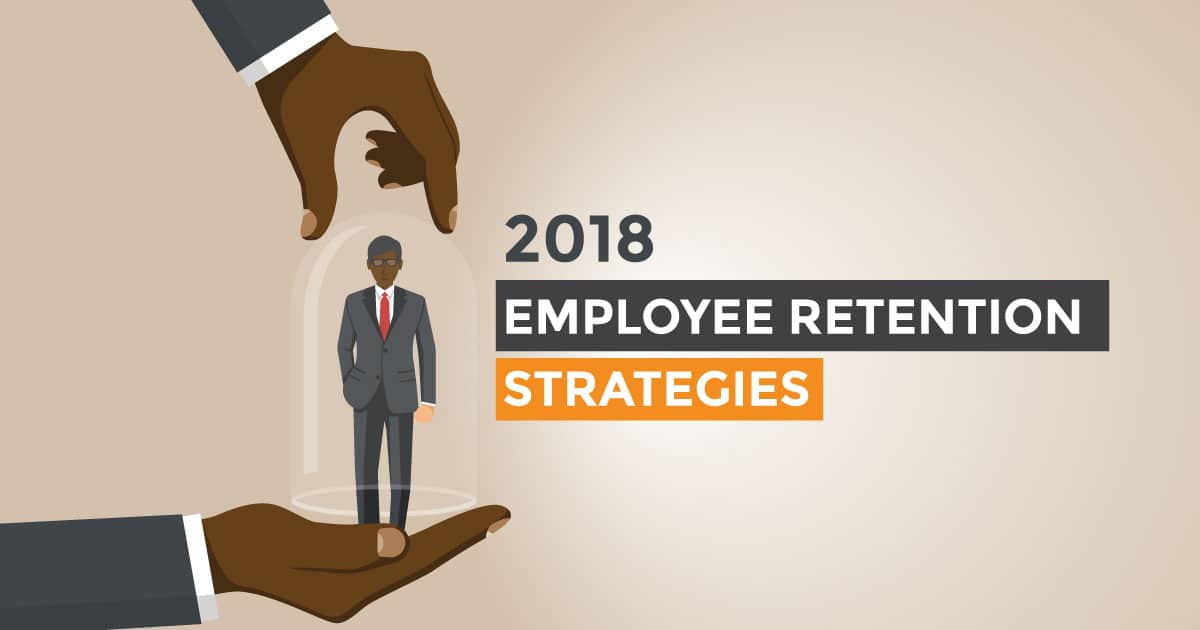Every successful business operates with happy, motivated and experienced employees. To ensure this environment is maintained at work, you have to retain the employees. What is the point of investing in a recruitment process that selects the best candidates, training them to understand your business, equipping them with the best resources then losing them to a competitor?
Human resource professionals understand that employee turnover impacts the company negatively. When you look at how much it costs to hire, train plus the overtime accrued by existing employees who will have to step in; that is money most companies wouldn’t want to lose. You would rather work on keeping employees with you for as long as you can. Before you work on retaining employees, you need to identify the main reasons employees quit. Contrary to what many people believe, salary is not the only reason why your employees will hand you their resignation notices.
Table of Contents
Here are the main reasons why good employees quit;
- When employees feel that the workplace is not what they had expected. This might happen when you oversell your company culture to embellish the job ad and attract more candidates.
- When there is little or no coaching and feedback to the employee. It is important to most employees to know what their direct supervisor thinks of their work and to be guided on how to improve.
- When an employee feels that there is a mismatch between themselves and the job they are given. Usually happens when roles are changed and the employee feels that the company doesn’t care about their career and just wants to get things done regardless of whether the person doing it has a passion for it or not. This will mostly affect employees in the creative departments when they feel misunderstood.
- When employees feel that there aren’t opportunities for growth and advancement in your company, they start looking for options elsewhere. Serious employees are concerned about their careers’ direction and will always look for ways to develop themselves. If your company doesn’t offer areas for improvement and growth, you will always lose the good talent.
- Lack of balance or too much stress. You must recognise that your employees have lives out of work. They have families, friends, hobbies and personal commitments. The workload and hours in the office should be structured in such a way that there is space for personal improvement and interests. There are times when business demands staff to push their limits and go the extra mile. This is understandable. However, stress and overworking shouldn’t be the norm. You will lose your best employees this way.
- Little of lack of recognition to employees to perform exceptionally well and surpass expectations will de-motivate high performers. They will begin questioning the purpose of going the extra mile and will either cut back on their output or just go somewhere else where they will feel valued.
- Where there’s little trust between employees and their managers, employees are likely to feel like their jobs are threatened and there’s job insecurity. Most employees leave their managers and not the jobs.
So how to keep the valuable employees in various departments? How do you retain them despite the stiff competition for talent in your industry?
Practical Retention Strategies for 2018
Your retention strategy should be both reactive and proactive. It should suit your company situation and the industry trends. Take a closer look at your staff. Do they have spoken or unspoken issues? Are they showing signs of disgruntlement? Has there been an increase in staff turnover of late? If the answer is Yes to all these questions, the tips below might help.
Keep employees engaged

Engaged employees are always more productive and happier. They feel that what they do matters and is appreciated. You don’t have to dig deep into the company’s finances to keep the employees engaged. You need to find what keeps them engaged and work around your budget to ensure it lasts.
Investigate Manager-Junior Relationships
Employees need to believe that the management team is competent enough to guarantee continued success of the company. They also need to feel that their line managers are there to support them achieve their targets and not to frustrate or witch hunt them. Create an environment that encourages easy communication and events that foster team building.
Re-evaluate your hiring and onboarding process

The first time you interact with your employees is during recruitment and onboarding. The impression they get during this time shapes their attitude, trust levels and general perception of the company. It can either make them guarded and fearful or free and confident. Ensure that in the initial stages, the employees know what is expected of them and that you set good examples for them.
Provide more opportunities for training and development

Employees worth their salt want to see their careers grow and are willing to take on an extra class, course or training to facilitate this. They appreciate when the employer shows an interest in their development and provides the opportunities for them to learn something new that will contribute to their career growth. You are likely to earn their loyalty if they feel you care about their careers.
Recognise outstanding employees
Employees need to feel appreciated when they go the extra mile. Rewards and incentives make quite the difference in your employees’ experience and increase their loyalty. BrighterMonday’s survey revealed that employee recognition contributes to employee engagement.
Put back the human in human resource
For you to build trust among employees in different departments, they need to know that they will be respected and treated fairly. The office space cannot be a happy secure place if it is riddled with mistrust and malice. A report in 2016 was released, 67% indicated that how they are treated in the workplace is a big determinant whether they stay or leave.





